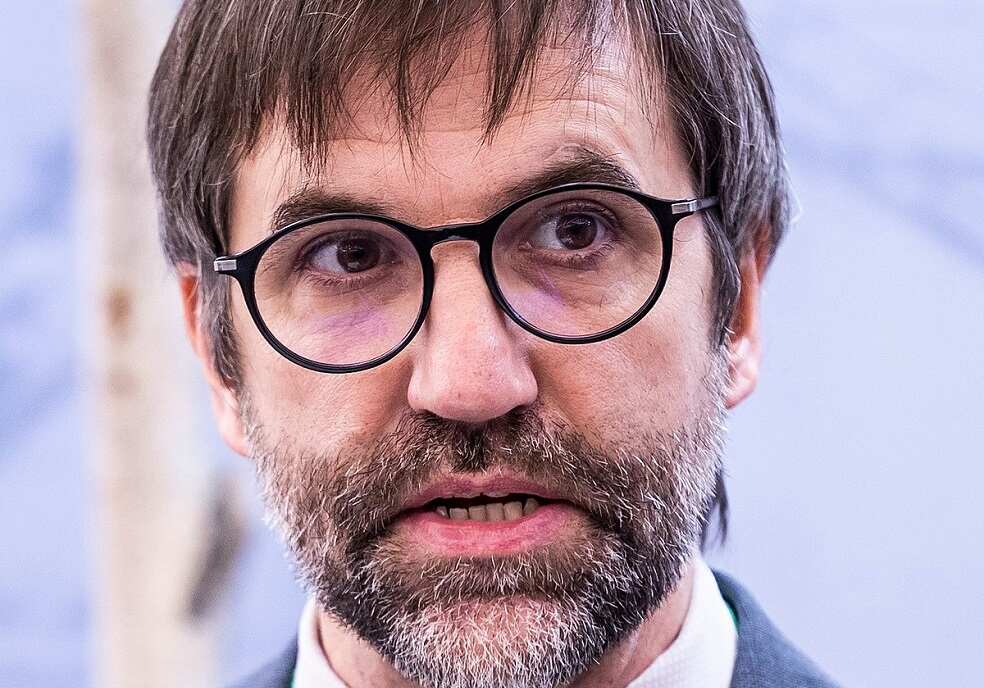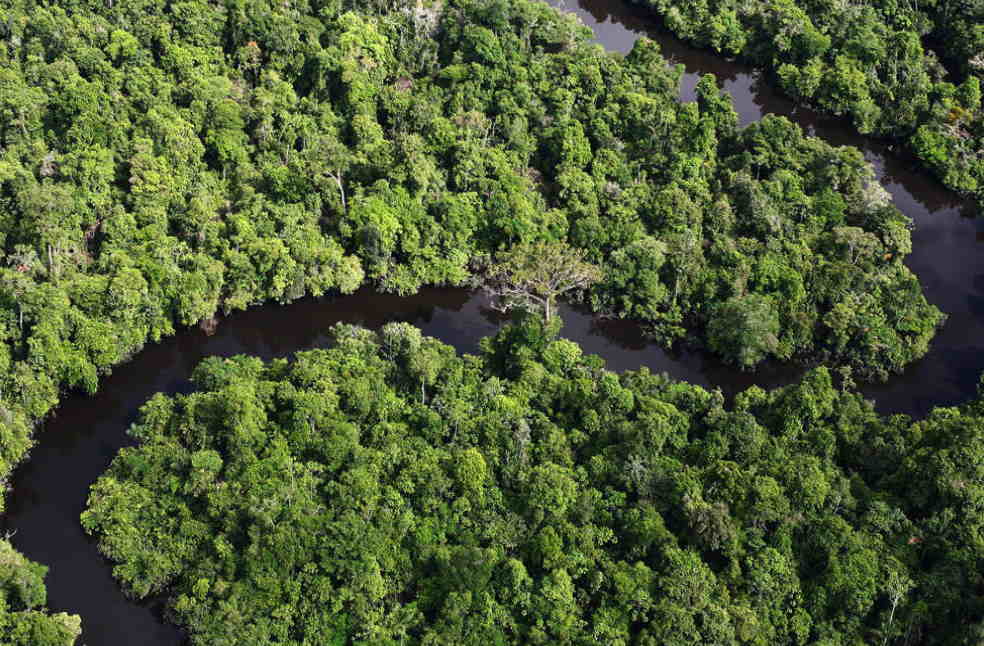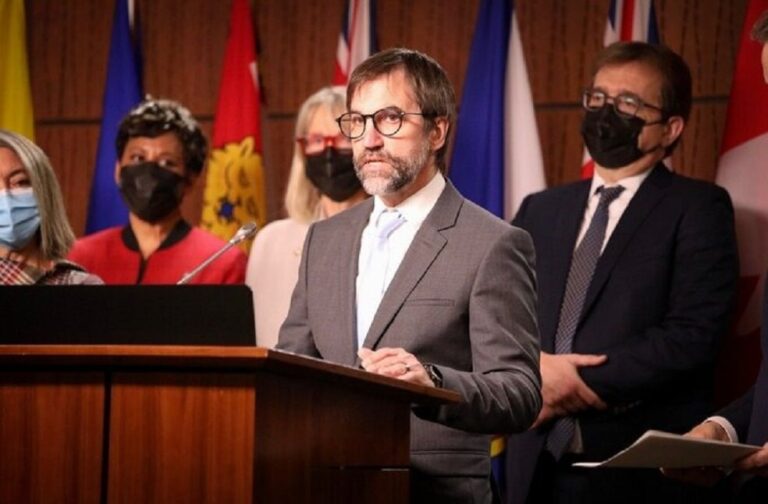New York, United States: Canada has announced that it is increasing the financing for world biodiversity as a gesture toward developing nations during challenging UN negotiations to forge a “peace pact with nature.”
According to Canadian Environment Minister Mr. Steven Guilbeault, the amount of funding that will be sent to lower-income nations to help them safeguard their ecosystems will increase by $186 million, bringing the total to $1.9 billion annually. It comes as the world’s environment ministers have converged on Montreal for the final phase of the summit, called COP15.
The talks’ success hinges on an agreement regarding the mobilization of funds to help developing countries meet the draft agreement’s more than 20 targets, including protecting 30 percent of lands and oceans by 2030, as per the report.

Brazil, one of the summit’s most prominent attendees, is asking the Global North for at least $100 billion, the same demand is also made by India, Indonesia, and several African nations. That’s ten times more than current flows and is equivalent to the amount pledged for adaptation to climate change.
When the ministers arrived, a dozen developed countries touted new or recently increased commitments to biodiversity funding, in a move welcomed by observers and nonprofits. The goal is still to finalise a biodiversity pact that will go down in history just like the 2015 Paris Climate Agreement.

The fate of the earth is in danger, as is the ability of humanity to stop the extinction of an estimated million plant and animal species due to habitat degradation, pollution, and climate catastrophe. Beyond the ethical implications, there is the matter of self-interest which is the creation of $44 trillion in economic value, or more than half of global GDP, depending on nature and its services.



